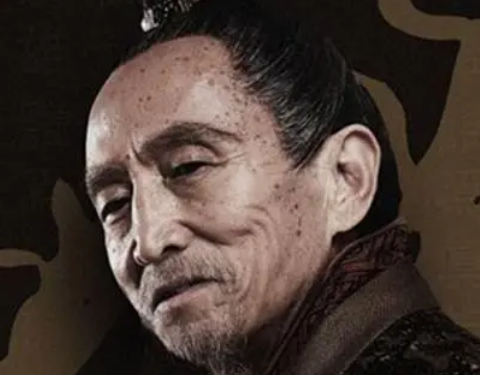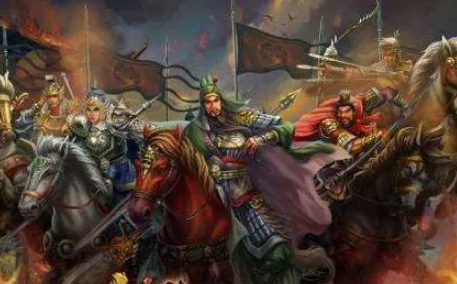"Aijia" is a self-proclaimed term, usually used by queens or imperial dowagers who have lost their husbands in literary and film works.

In ancient China, queens or imperial dowagers, as the highest representatives of female status in the country, usually referred to themselves as "wu" or "wo". When they presided over the court and exercised imperial power on behalf of the emperor, they would also use the self-proclaimed term "zhen". However, the term "aijia" is not found in historical records, but was later used in literary creation to express the sorrow and self-deprecation of queens or imperial dowagers after losing their husbands.
Specifically, the term "aijia" originated from the ancient "aizi", which referred to the self-proclaimed term used by people in mourning for their parents. It is mentioned in "Liji·Zaji Shang" that "the sacrificial offering is called the filial son or the filial grandson, and the funeral is called the mourning son or the mourning grandson." This shows that in ancient times, people referred to themselves as "aizi" during the funeral of their parents. Over time, this term gradually evolved into "aijia" and was later used in literary works and films to refer to queens or imperial dowagers who had lost their husbands. It conveys a sense of loneliness and sorrow due to the loss of a spouse, and also reflects a cultural perception of women's status in ancient society.
In summary, real queens or imperial dowagers in history would not refer to themselves as "aijia". This term is mainly a creative device in later literary works to express the emotions and social status of characters in specific situations.
Disclaimer: The above content is sourced from the internet and the copyright belongs to the original author. If there is any infringement of your original copyright, please inform us and we will delete the relevant content as soon as possible.































